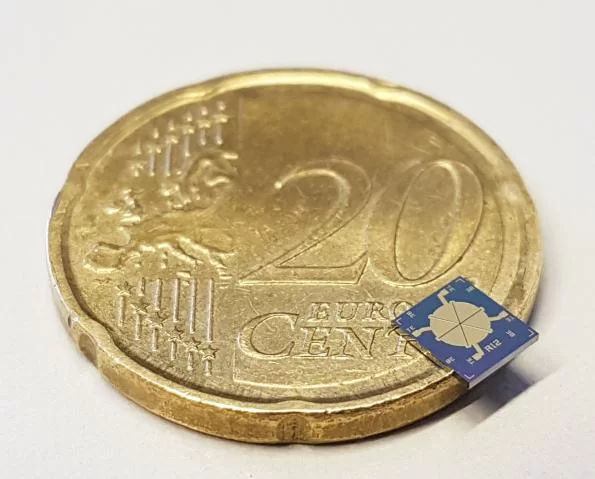Such micro-loudspeakers were developed by the Fraunhofer Institutes for Digital Media Technology (IDMT) and Silicon Technology (ISIT). MEMS technology stands for microelectromechanical systems and combines classical semiconductor technology with miniature mechanics in the micrometer range. The ISIT scientists are thus heralding a paradigm shift: Loudspeakers can thus be made of silicon in the same way as computer chips. This allows high quantities to be produced at comparatively low prices.
Both Institutes have been working for three years on the joint research project “Smart Speaker – Smart MEMS speakers for mobile applications” on the development of energy-efficient and completely integrable chip-based loudspeakers. While Fraunhofer ISIT is responsible for the development and pilot production of piezoelectric microdrives and their integration into highly miniaturized intelligent microsystems, Fraunhofer IDMT deals with the intelligent signal control of miniature loudspeakers.
The breakthrough has now been achieved. The characteristics of the chip-based loudspeaker are impressive: With currently a area of 4×4 millimeters, the MEMS loudspeaker can be optimally integrated into headphones, hearables and hearing aids. They cover the entire frequency range from 20 Hz to 20 kHz as a one-way system – comparable HiFi loudspeakers typically consist of woofer, a midrange loudspeaker and a tweeter for the high frequencies. The tiny MEMS speakers achieve a sound pressure level of 110 dB for in-the-ear applications – this corresponds to the noise level of a jet aircraft at a distance of 100 meters.
Read More: MEMS technology shrinks loudspeakers

